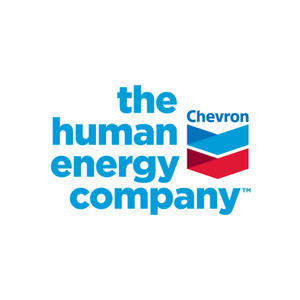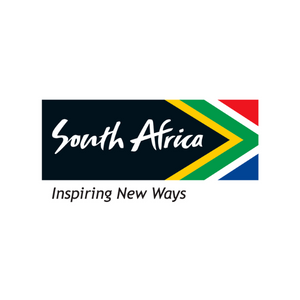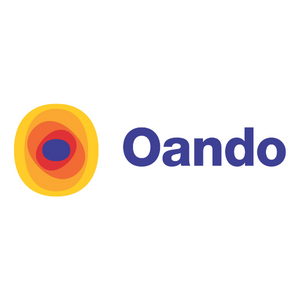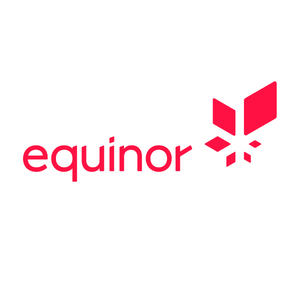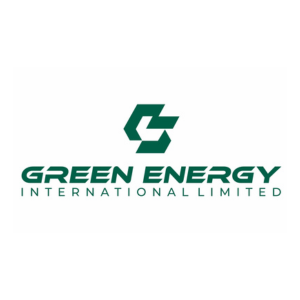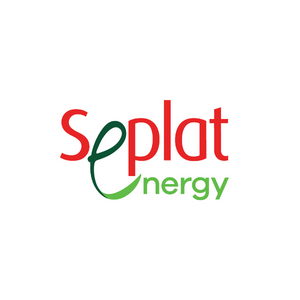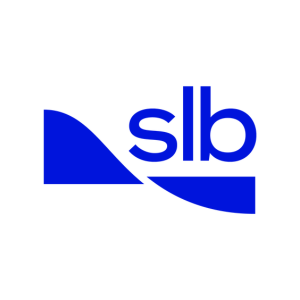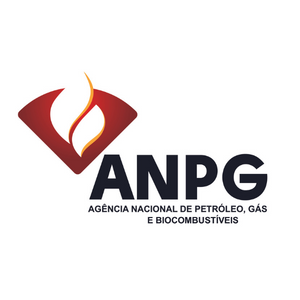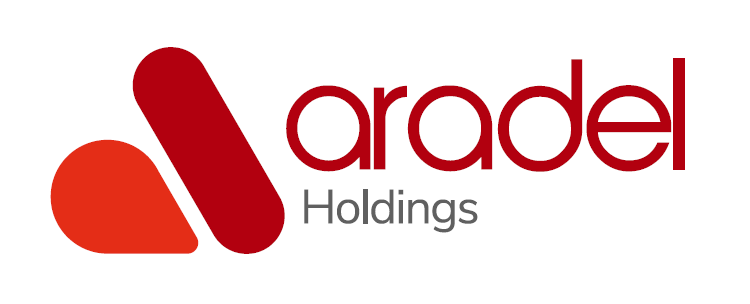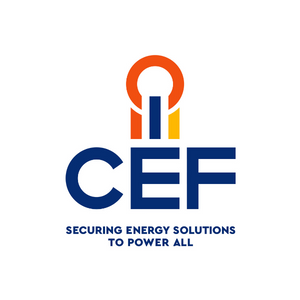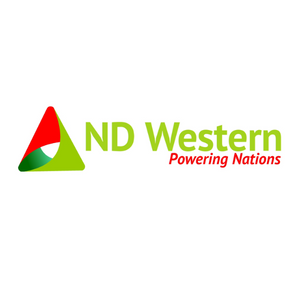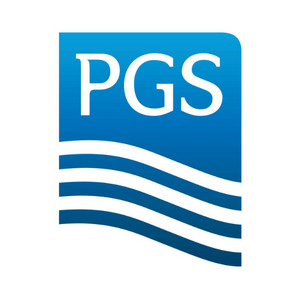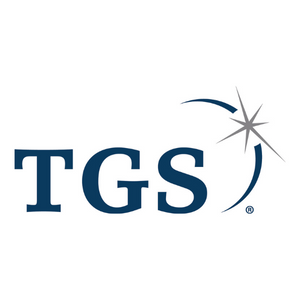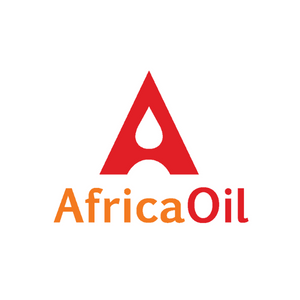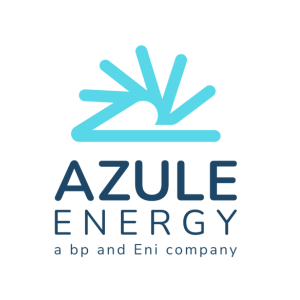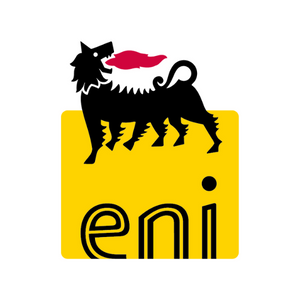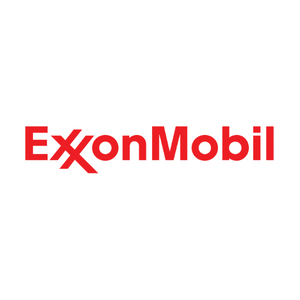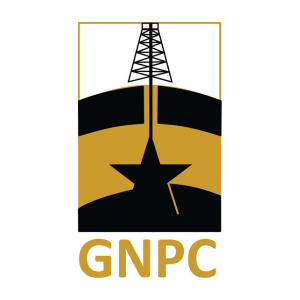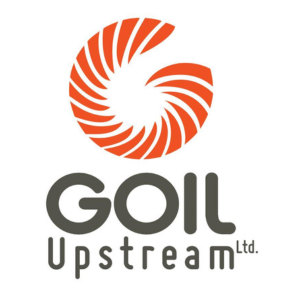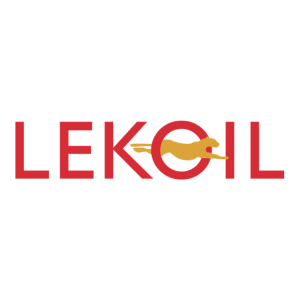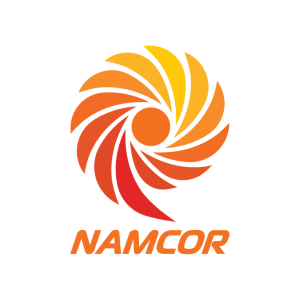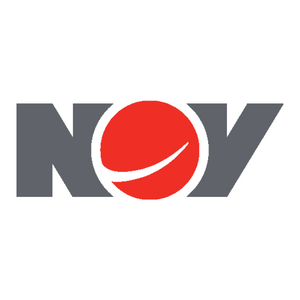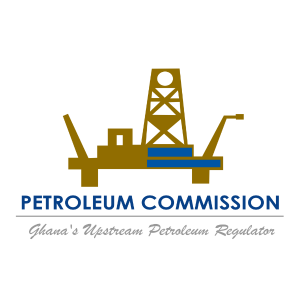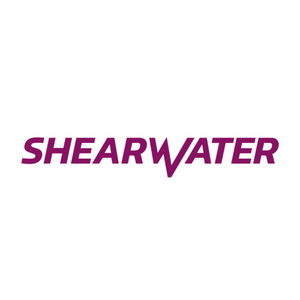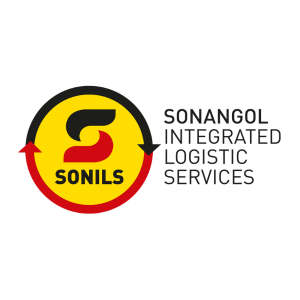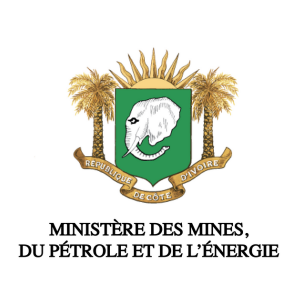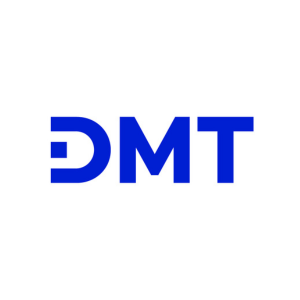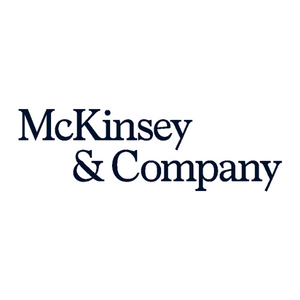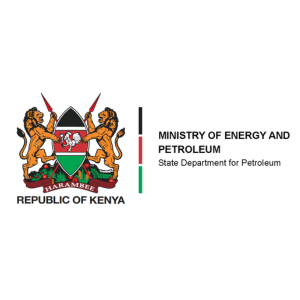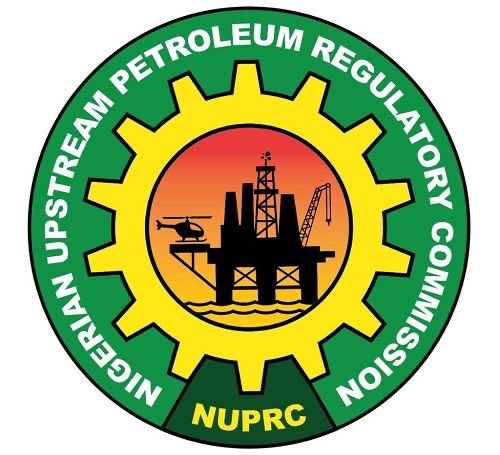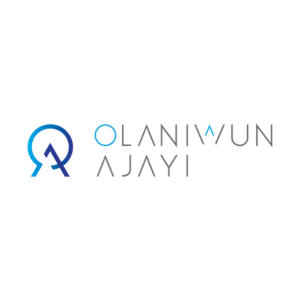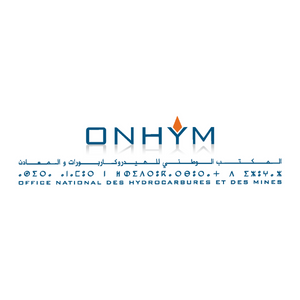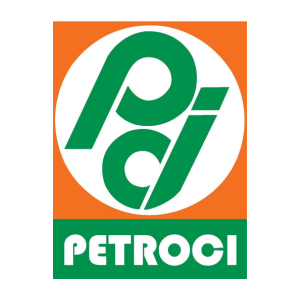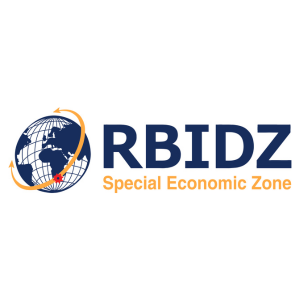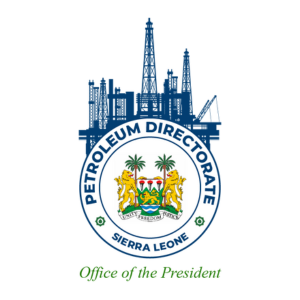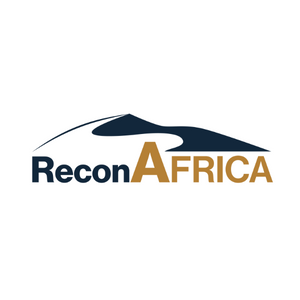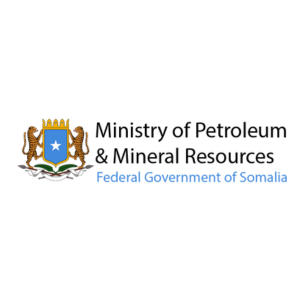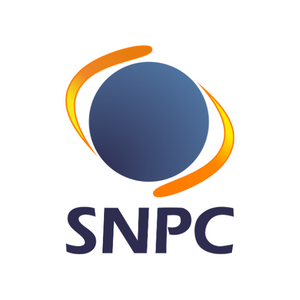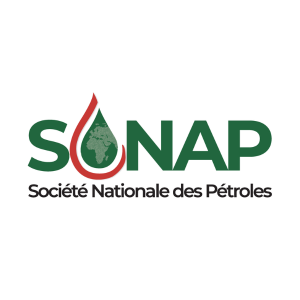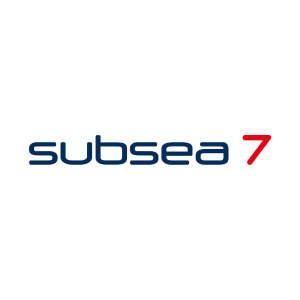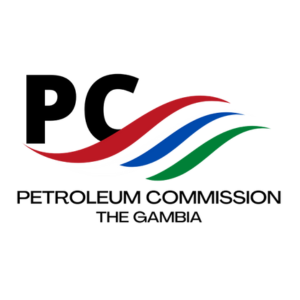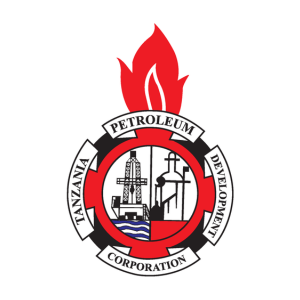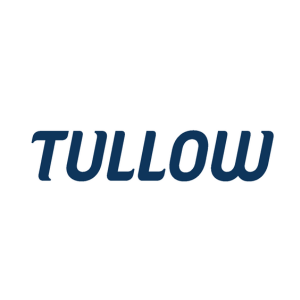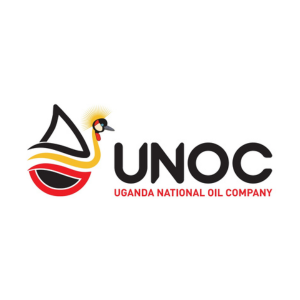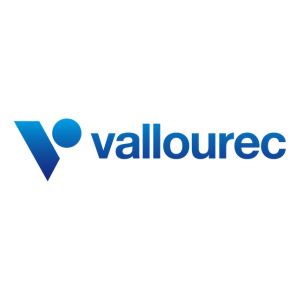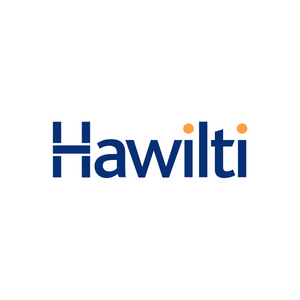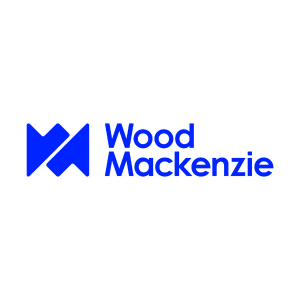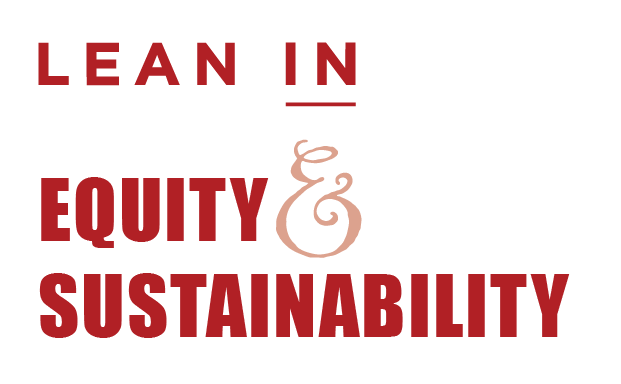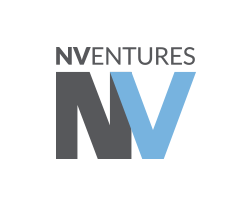Investment is oil & gas’ lifeblood, and right now it’s flowing through Africa’s veins.
The international community is quickly returning to Africa, as its oil & gas potential is huge. So huge, in fact, that the oil majors are delving deep into their pockets to invest billions in continental hydrocarbons development.
Rest assured Africa’s oil & gas investment outlook is strong, and growing stronger. With that in mind, Africa Oil Week focusses in on Africa’s top 5 oil & gas investment hotspots, so you can follow where the money is going.
Let’s start with Africa’s biggest oil producer and biggest economy. Some $194bn is being primed for African capex between now and 2025, according to Nigerian National Petroleum Company (NNPC) Group Managing Director Dr. Maikanti Baru. Of that massive sum, Nigeria has plans to showcase $48bn worth of oil & gas projects to the world in 2019.
The majority of new Nigerian developments would mainly take place in the currently neglected frontier basins, Dr. Baru said at a speech in London in March 2019.
He highlighted the ongoing efforts from NNPC’s Frontier Exploration Service, presently drilling in the Kolmani River-2 Well, which alone holds estimated reserves of around 113bn cubic metres of gas, as an example of these basins’ potential.
While the basins are resource rich, there are more regions in need of exploration throughout Nigerian acreages. Offshore, like many African nations, is where plenty of hydrocarbons gold lies. In Nigeria’s case, discoveries sit in waters 1,000 and 1,500m deep.
Shell Petroleum, a Nigeria-based subsidiary of parent company Shell, is priming $15bn in further Nigerian cash inflows for 2019 onwards. Funds ringfenced for this spending have been earmarked for deep offshore, shallow water, swamp and land terrain.
While Nigeria is primarily and oil producer, its gas holdings are also subject to global attention. A total of 223 companies have expressed interest in lifting Nigerian LNG to new heights, at the start NNPC’s 2019/2021 Natural Gas Liquid bid round.
Dr. Baru said, “So, this is step one, where we’ve invited bids from partners who lift our natural gas liquids and LPG from the various sources. We are to select partners who can add value to the natural gas liquids.
“We are not only focused on lifting and sending it out, but we are also focusing on the maximum value within the nation. In other words, we want to use this transaction to propel the LPG market throughout the nation and grow the market to the level that it deserves.”
So, where is the money being spent in Mozambique? The answer: LNG megaprojects. The country’s gas reserves are some of the largest in Africa. As such, its gaseous goldmine has the majors circling, with some already pressing ahead.
Eni, for instance, has pledged over $6bn in FLNG projects in the gas-heavy Rovuma basin. Chief of these is Coral South, a floating, offshore gas hub valued at a cool $4.7bn. As well as Eni, BP has a big interest in Coral South, having already inked a deal to purchase 100% of LNG produced there.
Rovuma LNG is another significant project, this time a joint venture between Eni and ExxonMobil, this time valued at $2.6bn.
It’s estimated that the lifetime capex of Mozambican LNG projects could be as high as $50bn. With those revenues, the government is primed to almost completely transform national economy and infrastructure. In fact, they would make Madagascar one of the world’s fastest growing economies.
There are further merits to Mozambican investment. Recognising the sizable impact hydrocarbons development can have on a nation’s economic fortunes, the energy ministry has taken great strides to ensure an attractive environment for foreign firms.
Corporate taxes fall as low as 21%, which, when combined with relatively low royalty rates, and simple, straightforward oil & gas regulations, make Mozambique fertile ground for investors to embed themselves in.
Since discovering the colossal Zohr Field in the Mediterranean, Egypt’s gas-lead transformation has been one of Africa’s biggest success stories.
Egypt now produces 1.7bn cubic metres of gas annually – an increase of 30% since 2016. That makes it one of the MENA region’s biggest producers. Instead of being an importer of gas, Egypt is now a leading exporter too, letting more money pour into its coffers, and also into further E&P activity.
Using the seismic changes in its gas sector as a springboard, Egypt is now fine tuning its current regulatory and investment legislature to attract further partnerships with IOCs.
For starters, Egypt’s new oil & gas contract will allow investors to control their production share, instead of having to sell to the Egyptian government at pre-set prices.
Minister of Petroleum, Tarek el-Molla, has said that further incentives are being worked up to improve Egypt’s attractiveness.
“We are improving the cost-recovery process to be faster, less bureaucratic and more efficient,” Mr el-Molla told Bloomberg, adding that the government will launch a new bid round in the Red Sea in Q1 2019.
Majors are already in Egypt, but are ready to step up activity there, even before the new oil & gas contract enters force.
BP, for example, has committed to a further $15bn investment from 2019 onwards. That’s on top of $10bn in petroleum projects outlined for this year.
Over the past 2 years, BP has invested more in Egypt than any other country, claims company chairman Bob Dudley.
“We have great faith in Egypt and the reforms that are being made. There is a great gas business along the northern shore and that will help make Egypt not only a consumption country but a hub for the region,” Dudley added. “We’ve been working in Egypt for 55 years through the ups and downs, so we have a deep commitment. It is a partnership here.”
Total has also been quick to snap up Egyptian assets. The company recently purchased Engie’s LNG portfolio, which gives it substantial LNG liquefication potential, access to revenues from LNG sales and purchase agreements, a new tanker fleet, and regasification routes to Europe.
The last is particularly significant. Natural gas, long left in the shadow cast by oil’s worldwide dominance, has emerged as a major geo-political and economic tool across the last decades. With European countries seeking to reduce dependence on Russian gas, and Egypt’s good location, means gas partners, like Total, could soon be reaping the benefits of a major supply shift.
It’s now a good time to invest in Egyptian LNG.
Underneath the Atlantic Ocean, lapping the West African coast, sits substantial pockets of oil & gas. This is certainly the case in Mauritania, and the race is on to access these deepwater resources.
The Tortue Ahmeyin field is the subject of much foreign interest. Kosmos Energy has been one of the key motivators behind development of this major find, and, along with BP, is set to develop a floating $2bn LNG hub, straddling the Mauritanian-Senegalese maritime border.
Tortue FLNG, despite having a projected cost of $2bn, is expected to generate $2bn in revenues for the Mauritanian government, which would give it the power to transform its internal infrastructure, and create an even better deal-making environment for IOCs.
Indeed, many have already flocked to the West African nation. Apart from the aforementioned BP and Kosmos, Shell is one of the key explorers operating in offshore Mauritania right now.
The Mauritanian minister of oil, energy and mining, Mohamed Ould Abdel Vetah, said: “Shell’s entry in the Mauritania offshore area represents an important added value to the exploration activities and will contribute to maintain the momentum for developing the energy sector in Mauritania.”
This came after Shell came to a production sharing agreement with the Mauritanian energy ministry, letting it begin exploratory drilling in July 2018.
Mauritania itself has a lot going for it when it comes to oil & gas investment. For instance, its tax and fiscal system is geared towards making it easy for exploration to generate big returns, assuming hydrocarbons are found. Secondly, no royalty payments are required as of yet, and corporate income tax floats around 25%.
Mauritania is a strong investment hub, as interest from multinationals demonstrates.
Another nation that is banking on the transformative power of gas economics, Equatorial Guinea is shaping up to be one of Africa’s key investment hotspots.
For instance, Noble Energy is seeking the final investment decision on its Alen gas project, offshore Equatorial Guinea, which will open the nation up to potentially billions in natural gas revenues. Equatorial Guinea is banking on the same cash flows that are ready to hit Mauritania and Madagascar to enjoy its own substantial windfall.
In the last decade, the nation has become Africa’s third largest oil & gas producer, and exporter. Further activity is on the way.
In April 2019, Equatorial Guinea announced it was offering 13 deepwater and ultra-deepwater blocks in its latest bidding round.
H.E. Gabriel Obiang Lima said that the licensing round will offer at least seven blocks, with six additional blocks to be offered if they are reclaimed from concession holders before April 1. The offer will also include an invitation for companies to establish joint ventures for operating a block and related gas development.
The blocks offered will contain offshore Block R, which encompasses the currently stalled Fortuna gas development project. As a result, it will be the first license round to contain both an exploration area and development area.
For over 25 years, Africa Oil Week has been the meeting place for Africa’s most senior E&P stakeholders.
It attracts the entire value chain including Governments, NOCs, international oil companies, independents, investors and service providers. They come to set out the future direction of the continent’s upstream oil and gas sector, secure major deals, lucrative new partnerships and take part in bidding rounds held by the largest gathering of African energy Ministers.
It is the best place to discover investment opportunities throughout one of the most promising regions on Earth for oil & gas development.
Learn more about Africa Oil Week today.
Rest assured Africa’s oil & gas investment outlook is strong, and growing stronger. With that in mind, Africa Oil Week focusses in on Africa’s top 5 oil & gas investment hotspots, so you can follow where the money is going.
5 of Africa’s hottest regions for oil & gas investment
Nigeria
Let’s start with Africa’s biggest oil producer and biggest economy. Some $194bn is being primed for African capex between now and 2025, according to Nigerian National Petroleum Company (NNPC) Group Managing Director Dr. Maikanti Baru. Of that massive sum, Nigeria has plans to showcase $48bn worth of oil & gas projects to the world in 2019.
The majority of new Nigerian developments would mainly take place in the currently neglected frontier basins, Dr. Baru said at a speech in London in March 2019.
He highlighted the ongoing efforts from NNPC’s Frontier Exploration Service, presently drilling in the Kolmani River-2 Well, which alone holds estimated reserves of around 113bn cubic metres of gas, as an example of these basins’ potential.
While the basins are resource rich, there are more regions in need of exploration throughout Nigerian acreages. Offshore, like many African nations, is where plenty of hydrocarbons gold lies. In Nigeria’s case, discoveries sit in waters 1,000 and 1,500m deep.
Shell Petroleum, a Nigeria-based subsidiary of parent company Shell, is priming $15bn in further Nigerian cash inflows for 2019 onwards. Funds ringfenced for this spending have been earmarked for deep offshore, shallow water, swamp and land terrain.
While Nigeria is primarily and oil producer, its gas holdings are also subject to global attention. A total of 223 companies have expressed interest in lifting Nigerian LNG to new heights, at the start NNPC’s 2019/2021 Natural Gas Liquid bid round.
Dr. Baru said, “So, this is step one, where we’ve invited bids from partners who lift our natural gas liquids and LPG from the various sources. We are to select partners who can add value to the natural gas liquids.
“We are not only focused on lifting and sending it out, but we are also focusing on the maximum value within the nation. In other words, we want to use this transaction to propel the LPG market throughout the nation and grow the market to the level that it deserves.”
Mozambique
Nigeria covers just under a quarter of total upcoming capex, but so does Mozambique. That makes it the second largest investment nation across Africa, accounting for roughly 23% of future project spending.So, where is the money being spent in Mozambique? The answer: LNG megaprojects. The country’s gas reserves are some of the largest in Africa. As such, its gaseous goldmine has the majors circling, with some already pressing ahead.
Eni, for instance, has pledged over $6bn in FLNG projects in the gas-heavy Rovuma basin. Chief of these is Coral South, a floating, offshore gas hub valued at a cool $4.7bn. As well as Eni, BP has a big interest in Coral South, having already inked a deal to purchase 100% of LNG produced there.
Rovuma LNG is another significant project, this time a joint venture between Eni and ExxonMobil, this time valued at $2.6bn.
It’s estimated that the lifetime capex of Mozambican LNG projects could be as high as $50bn. With those revenues, the government is primed to almost completely transform national economy and infrastructure. In fact, they would make Madagascar one of the world’s fastest growing economies.
There are further merits to Mozambican investment. Recognising the sizable impact hydrocarbons development can have on a nation’s economic fortunes, the energy ministry has taken great strides to ensure an attractive environment for foreign firms.
Corporate taxes fall as low as 21%, which, when combined with relatively low royalty rates, and simple, straightforward oil & gas regulations, make Mozambique fertile ground for investors to embed themselves in.
Egypt
Since discovering the colossal Zohr Field in the Mediterranean, Egypt’s gas-lead transformation has been one of Africa’s biggest success stories.
Egypt now produces 1.7bn cubic metres of gas annually – an increase of 30% since 2016. That makes it one of the MENA region’s biggest producers. Instead of being an importer of gas, Egypt is now a leading exporter too, letting more money pour into its coffers, and also into further E&P activity.
Using the seismic changes in its gas sector as a springboard, Egypt is now fine tuning its current regulatory and investment legislature to attract further partnerships with IOCs.
For starters, Egypt’s new oil & gas contract will allow investors to control their production share, instead of having to sell to the Egyptian government at pre-set prices.
Minister of Petroleum, Tarek el-Molla, has said that further incentives are being worked up to improve Egypt’s attractiveness.
“We are improving the cost-recovery process to be faster, less bureaucratic and more efficient,” Mr el-Molla told Bloomberg, adding that the government will launch a new bid round in the Red Sea in Q1 2019.
Majors are already in Egypt, but are ready to step up activity there, even before the new oil & gas contract enters force.
BP, for example, has committed to a further $15bn investment from 2019 onwards. That’s on top of $10bn in petroleum projects outlined for this year.
Over the past 2 years, BP has invested more in Egypt than any other country, claims company chairman Bob Dudley.
“We have great faith in Egypt and the reforms that are being made. There is a great gas business along the northern shore and that will help make Egypt not only a consumption country but a hub for the region,” Dudley added. “We’ve been working in Egypt for 55 years through the ups and downs, so we have a deep commitment. It is a partnership here.”
Total has also been quick to snap up Egyptian assets. The company recently purchased Engie’s LNG portfolio, which gives it substantial LNG liquefication potential, access to revenues from LNG sales and purchase agreements, a new tanker fleet, and regasification routes to Europe.
The last is particularly significant. Natural gas, long left in the shadow cast by oil’s worldwide dominance, has emerged as a major geo-political and economic tool across the last decades. With European countries seeking to reduce dependence on Russian gas, and Egypt’s good location, means gas partners, like Total, could soon be reaping the benefits of a major supply shift.
It’s now a good time to invest in Egyptian LNG.
Mauritania
Underneath the Atlantic Ocean, lapping the West African coast, sits substantial pockets of oil & gas. This is certainly the case in Mauritania, and the race is on to access these deepwater resources.
The Tortue Ahmeyin field is the subject of much foreign interest. Kosmos Energy has been one of the key motivators behind development of this major find, and, along with BP, is set to develop a floating $2bn LNG hub, straddling the Mauritanian-Senegalese maritime border.
Tortue FLNG, despite having a projected cost of $2bn, is expected to generate $2bn in revenues for the Mauritanian government, which would give it the power to transform its internal infrastructure, and create an even better deal-making environment for IOCs.
Indeed, many have already flocked to the West African nation. Apart from the aforementioned BP and Kosmos, Shell is one of the key explorers operating in offshore Mauritania right now.
The Mauritanian minister of oil, energy and mining, Mohamed Ould Abdel Vetah, said: “Shell’s entry in the Mauritania offshore area represents an important added value to the exploration activities and will contribute to maintain the momentum for developing the energy sector in Mauritania.”
This came after Shell came to a production sharing agreement with the Mauritanian energy ministry, letting it begin exploratory drilling in July 2018.
Mauritania itself has a lot going for it when it comes to oil & gas investment. For instance, its tax and fiscal system is geared towards making it easy for exploration to generate big returns, assuming hydrocarbons are found. Secondly, no royalty payments are required as of yet, and corporate income tax floats around 25%.
Mauritania is a strong investment hub, as interest from multinationals demonstrates.
Equatorial Guinea
Another nation that is banking on the transformative power of gas economics, Equatorial Guinea is shaping up to be one of Africa’s key investment hotspots.
For instance, Noble Energy is seeking the final investment decision on its Alen gas project, offshore Equatorial Guinea, which will open the nation up to potentially billions in natural gas revenues. Equatorial Guinea is banking on the same cash flows that are ready to hit Mauritania and Madagascar to enjoy its own substantial windfall.
In the last decade, the nation has become Africa’s third largest oil & gas producer, and exporter. Further activity is on the way.
In April 2019, Equatorial Guinea announced it was offering 13 deepwater and ultra-deepwater blocks in its latest bidding round.
H.E. Gabriel Obiang Lima said that the licensing round will offer at least seven blocks, with six additional blocks to be offered if they are reclaimed from concession holders before April 1. The offer will also include an invitation for companies to establish joint ventures for operating a block and related gas development.
The blocks offered will contain offshore Block R, which encompasses the currently stalled Fortuna gas development project. As a result, it will be the first license round to contain both an exploration area and development area.
Africa Oil Week: At the heart of African Oil & Gas Investment
For over 25 years, Africa Oil Week has been the meeting place for Africa’s most senior E&P stakeholders.
It attracts the entire value chain including Governments, NOCs, international oil companies, independents, investors and service providers. They come to set out the future direction of the continent’s upstream oil and gas sector, secure major deals, lucrative new partnerships and take part in bidding rounds held by the largest gathering of African energy Ministers.
It is the best place to discover investment opportunities throughout one of the most promising regions on Earth for oil & gas development.
Learn more about Africa Oil Week today.

